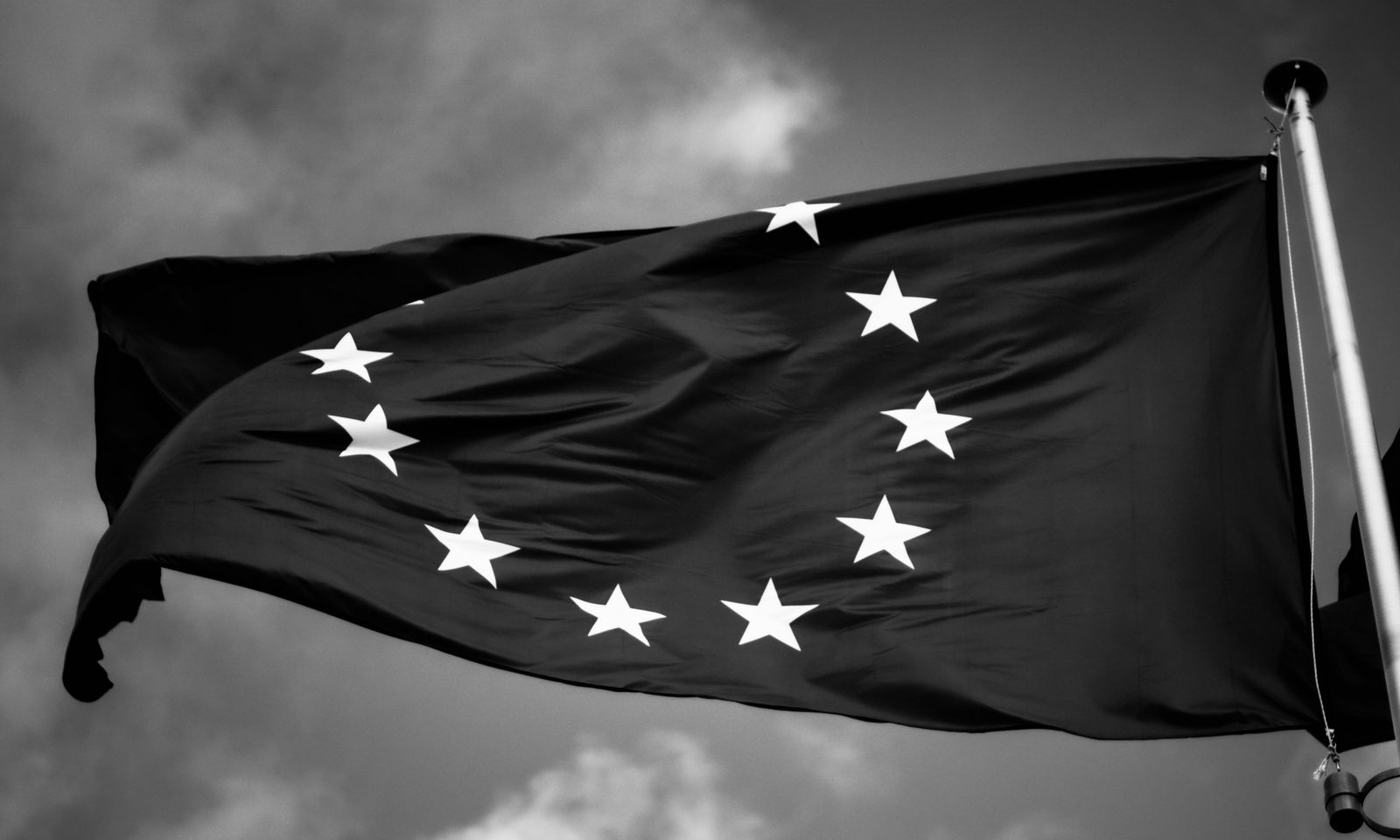Europe on the way to digital commons?
The French government has a new plan for Europe that could help the EU compete with the US tech giants: the digital commons.
Digital commons are everywhere – from open source software to other technological tools that are open and accessible to all members of the community. They are often managed voluntarily by technology enthusiasts and Internet communities with limited resources.
When properly implemented, digital commons can bring greater competitiveness, knowledge sharing and interoperability to the technology sector.
The French government, during its Presidency of the EU Council in 2022, has called on Member States to focus attention on digital commons. From Paris came a call for European governments to develop policy agendas to pursue the objective.
This week, Europe is joining the movement: on 21 and 22 June, 19 EU Member States and the European Commission presented a report on digital commons (French: communs numériques) at the Digital Assembly in Toulouse.
The Grand Board of the European Union Intellectual Property Office (EUIPO) finally ruled that the figurative sign ‘COVIDIOT’ cannot be registered as an EU trademark.
The 4th Open Knowledge Day took place on Tuesday 17 October 2023, with an accompanying workshop on 18 October 2023. This year it was organised by the Open Data and Intellectual Property Institute (ODIPI) and supported by Knowledge Rights 21 (KR21).
We invite you to the fourth Open Knowledge Day and the workshop, which will take place this year within the framework of the programme and with the support of Knowledge Rights 21. The event will bring together experts from different European countries to discuss two topics: the first part will deal with the legal basis for data analytics, which is a key part of machine learning and related artificial intelligence, and the general exception for research. In the second part, open science in theory and practice will be presented both in Slovenia and in some Western Balkan countries. Representatives of research and educational institutions from Slovenia and the Western Balkan countries, as well as interested members of the public, are invited to attend.
Dr. Maja Bogataj Jančič, a renowned expert in copyright law, has joined the Berkman Klein Center for Internet & Society at Harvard University, where she will serve as an affiliate researcher for the next two years.





